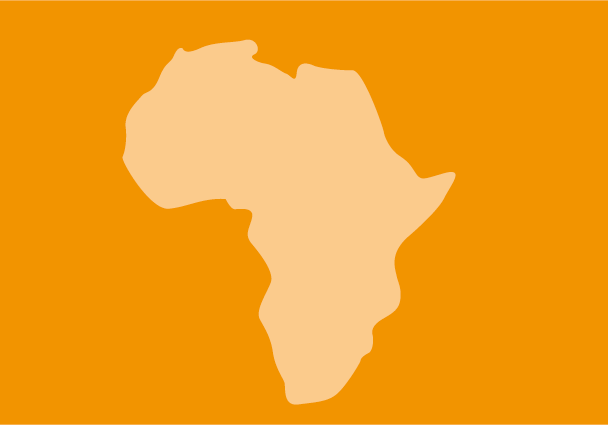The ICJ is concerned by the decision of Chief Justice Anthony Gubbay of the Supreme Court of Zimbabwe to retire early from his judicial post at the end of this month, more than one year ahead of his scheduled retirement.
His decision follows months of sustained personal attacks on the Chief Justice by the government, its supporters and a partisan press. These attacks have increasingly rendered the position of the Chief Justice untenable.
This latest development signals yet another deterioration in the Rule of Law in Zimbabwe.
Following the Supreme Court ruling in November last year which found that the government’s “fast track” land reform program was unconstitutional, the Chief Justice copped a welter of criticism from the government and its supporters, including calls for his resignation for favouring the “property rights of whites over blacks”. Detractors then sought to impugn his eligibility for judicial office by mischievously exploiting the issue of his alleged dual citizenship. Last week, tensions with the government were further strained when the Supreme Court overturned a Presidential decree thereby paving the way for opposition lawsuits over disputed results from the parliamentary elections in June. Three days after that ruling, the Minister of Justice and Legal Affairs held a meeting with the Chief Justice and shortly thereafter his retirement was announced.
These events have occurred against a worsening climate of fear and harassment of judicial officers. “War veterans” aggrieved at the Supreme Court rulings have sought to intimidate Justices and have threatened with impunity the physical integrity of the court room. The government’s response to these direct assaults on the Rule of Law, including a direct plea for protection by Chief Justice Gubbay on 22 January, has been consistently underwhelming.
On 25 January, the UN Special Rapporteur on the Independence of Judges and Lawyers, Dato Param Cumaraswamy issued a public statement drawing the attention of the Government of Zimbabwe to Principle 2 of the UN Basic Principles on the Independence of the Judiciary. This obliges the judiciary to conduct their professional duties “without restrictions, improper influences, inducements, pressures, threats or interference, direct or indirect, from any quarter for any reason”. The ICJ endorses the Special Rapporteur’s call.
The ICJ pays tribute to Chief Justice Gubbay, one of the most senior and well respected Justices in the Commonwealth. It applauds his professional and courageous stand to uphold the Rule of Law and calls on his successor and other judicial colleagues to maintain an unequivocal commitment to an independent judiciary as a pillar of a democratic state.




